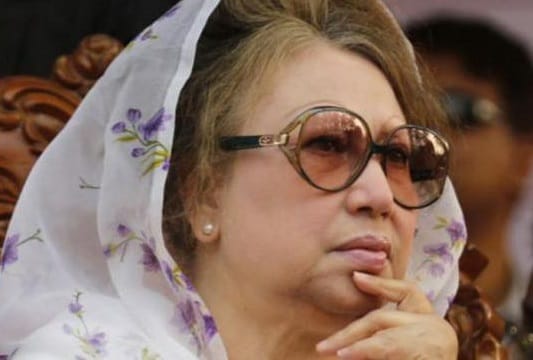Last Updated on July 11, 2025 6:31 pm by INDIAN AWAAZ

Zakir Hossain From Dhaka
The Bangladesh Nationalist Party (BNP) has ruled out any electoral alliance with its long-term ally Jamaat-e-Islami but left the door open for talks with the student-led National Citizens’ Party (NCP) until the election schedule is announced. BNP Standing Committee member Salahuddin confirmed, “We had an alliance with Jamaat in the past as part of political strategy, but we don’t feel the need to partner with them this time.”
He stressed that BNP is focusing on alliances with parties that participated in its simultaneous movement for democracy. “Right now, we’re not considering anything beyond that.” On the NCP, he said, “Discussions on political alliances will continue until the election schedule is announced. We’ll have to wait and see.”
Salahuddin believes the election will be held by mid-February 2026. He urged the National Consensus Commission to wrap up talks on reforms without delay. “The discussion is being unnecessarily prolonged… we should move towards a summary and conclusion,” he said.
He noted progress on restoring the caretaker government system, pending Supreme Court review. “We hope the Appellate Division will give a positive verdict,” he said. However, debate remains over whether the immediate past Chief Justice should head the interim government.
On the push for a Proportional Representation (PR) system, Salahuddin strongly opposed it, calling it unsuitable for Bangladesh. “PR disconnects voters from direct representatives, discourages participation, and risks unstable coalition governments,” he warned. “Bangladesh is not ready for PR. It has never been practised here,” he said. “People vote for someone they know locally, not just for a party.” He added that PR would exclude independents and benefit small parties disproportionately. “That’s unfair and undemocratic,” he said.
He also dismissed the Awami League, saying, “They are no longer a political party but a mafia-like, fascist organisation. Democracy is simply not in their DNA.” Salahuddin concluded, “We respect new parties, but real political weight comes from public support. Some smaller parties speak louder than larger ones, though they represent very few people.”
